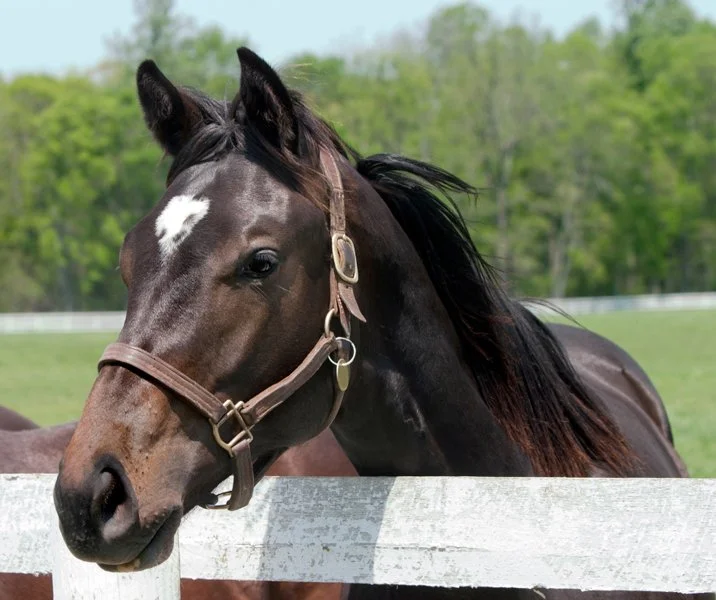How Racehorse Breeding Syndicates Make Ownership Affordable
In the world of horse racing, owning a racehorse has traditionally been viewed as something reserved for a select few. The purchase price, training fees, veterinary care, entry fees and ongoing costs can be substantial, putting outright ownership beyond the reach of most racing enthusiasts. Racehorse breeding syndicates change the equation entirely.
They offer a structured, accessible way for a broader audience to enjoy the excitement of ownership without carrying the full financial burden alone. Understanding how racehorse breeding syndicates make ownership affordable is key to appreciating why syndication has become one of the fastest-growing areas of the horse racing industry.
What Are Racehorse Breeding Syndicates?
Racehorse breeding syndicates bring together multiple individuals to share ownership of a racehorse or, in some cases, a breeding prospect. Instead of one owner covering every cost involved, syndicate members split the initial purchase and the ongoing expenses, creating fractional ownership that is far more manageable.
Most syndicates operate professionally and provide day-to-day management, ensuring the horse receives high-quality care while owners enjoy a secure and well-organised experience. Because racehorse syndicates can be tailored to different budgets, they provide access to top trainers, proven track record bloodlines and the exciting world of horse racing without excessive cost.
Why Syndication Makes Ownership Affordable
Syndication is built around pooling resources. Each syndicate member purchases a racehorse share, meaning the cost of the horse, its training and its day-to-day care is shared between multiple individuals. This reduces the monthly expenses dramatically and spreads any financial risk across the group rather than resting solely on one racehorse owner.
The full financial burden of buying, maintaining, and racing high-quality horses is replaced by an affordable model, which allows more people to invest in the sport. This structure makes owning a racehorse possible for those who may have previously believed it was out of reach.
Understanding the Costs Involved in Racehorse Ownership
Traditional ownership requires covering the initial purchase, training fees, veterinary care, transport, race entries, farriery, specialist feeding, staff wages and annual costs that vary depending on the horse’s needs and its racing schedule.
Syndication offers a practical alternative, as the cost is divided among multiple individuals and presented in clear, manageable monthly or yearly contributions. Most syndicates provide transparent financial breakdowns, making it easy to understand what the investment covers and what additional costs, if any, may arise during the season.
The Role of Professional Management
Professional management is central to reputable syndicates. Experienced teams handle everything from selecting the horse based on its track record, pedigree and potential to overseeing training plans, veterinary assessments and race entries.
This ensures the horse’s progress is monitored closely while syndicate members receive regular updates and enjoy behind-the-scenes access to stable visits and race days. Deva Racing, for example, ensures each horse is placed with top trainers who understand how to develop both young prospects and established runners.
For newcomers to the racing industry, having guidance from experts removes uncertainty and enhances the enjoyment of ownership.
The Benefits of Fractional Ownership
Fractional ownership offers a wide range of benefits that go beyond cost alone. Owners enjoy the thrill of attending race days, watching their horse in the parade ring and celebrating together in the winner’s circle when the horse wins.
These experiences create a sense of community among like-minded individuals who share a passion for the sport. Syndicate members also receive insight into the horse's lineage, training progress and future plans, fostering a deeper connection to each runner. Because syndication brings together multiple individuals, the energy around race days feels even more rewarding as success is shared collectively.
Why Syndicates Appeal to a Wider Audience
Racehorse syndication offers an accessible entry point for those looking to invest in the horse racing industry. The cost of involvement varies depending on the syndication options available, which allows people to select a share that suits their budget without compromising on the quality of the horse or the professionalism of the management team.
This flexibility has made syndicates one of the most successful routes for expanding interest in racing, opening the sport to like-minded people who may never have considered ownership before.
Choosing the Right Racehorse Syndicate
Not all syndicates operate in the same way, so choosing a reputable organisation is essential.
A trusted syndicate provides clear contracts, open communication and transparent financial structures. It should also offer access to high-quality horses, a chance to develop a long-term partnership with trainers and opportunities for stable visits and race day hospitality.
Understanding how syndicates offer value and ensuring the management team has a proven track record can make a considerable difference to your experience as a syndicate member.
Final Thoughts: Making Racehorse Ownership Accessible to All
The world of horse racing has never been more open to new owners. Thanks to syndication, the dream of owning a racehorse is no longer limited to those with substantial budgets. By spreading the cost, reducing financial risk and providing access to expert management, racehorse syndicates make ownership affordable, enjoyable and rewarding. At Deva Racing, we believe in helping racing enthusiasts get closer to the sport they love, offering ownership experiences that combine excitement, professionalism and exceptional care for every horse.
Disclaimer: This article provides general information only and does not constitute financial advice. Prospective syndicate members should review all ownership agreements carefully and seek professional guidance where necessary. Syndicate structures, costs and benefits may vary, and individuals should assess their own circumstances before investing.

